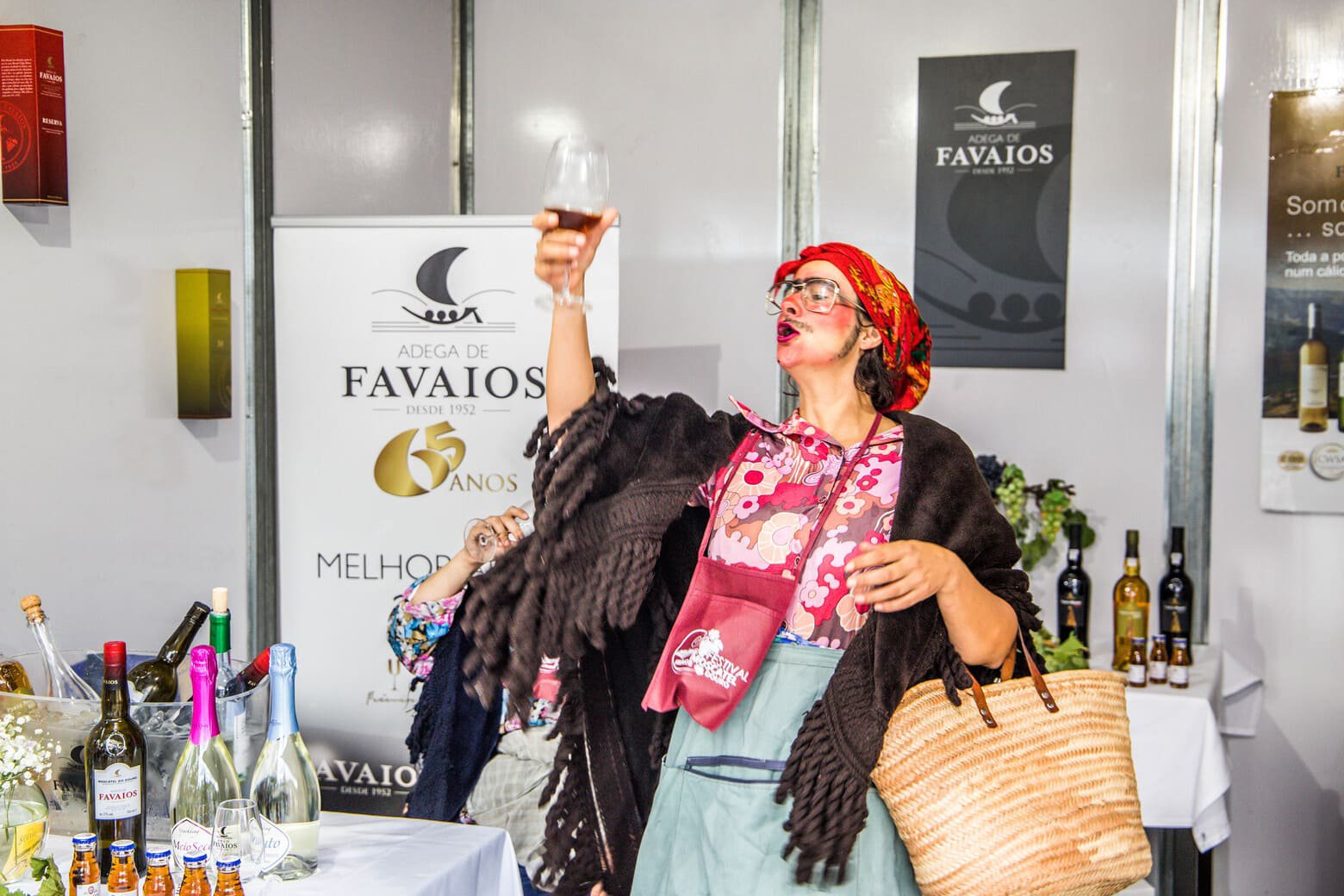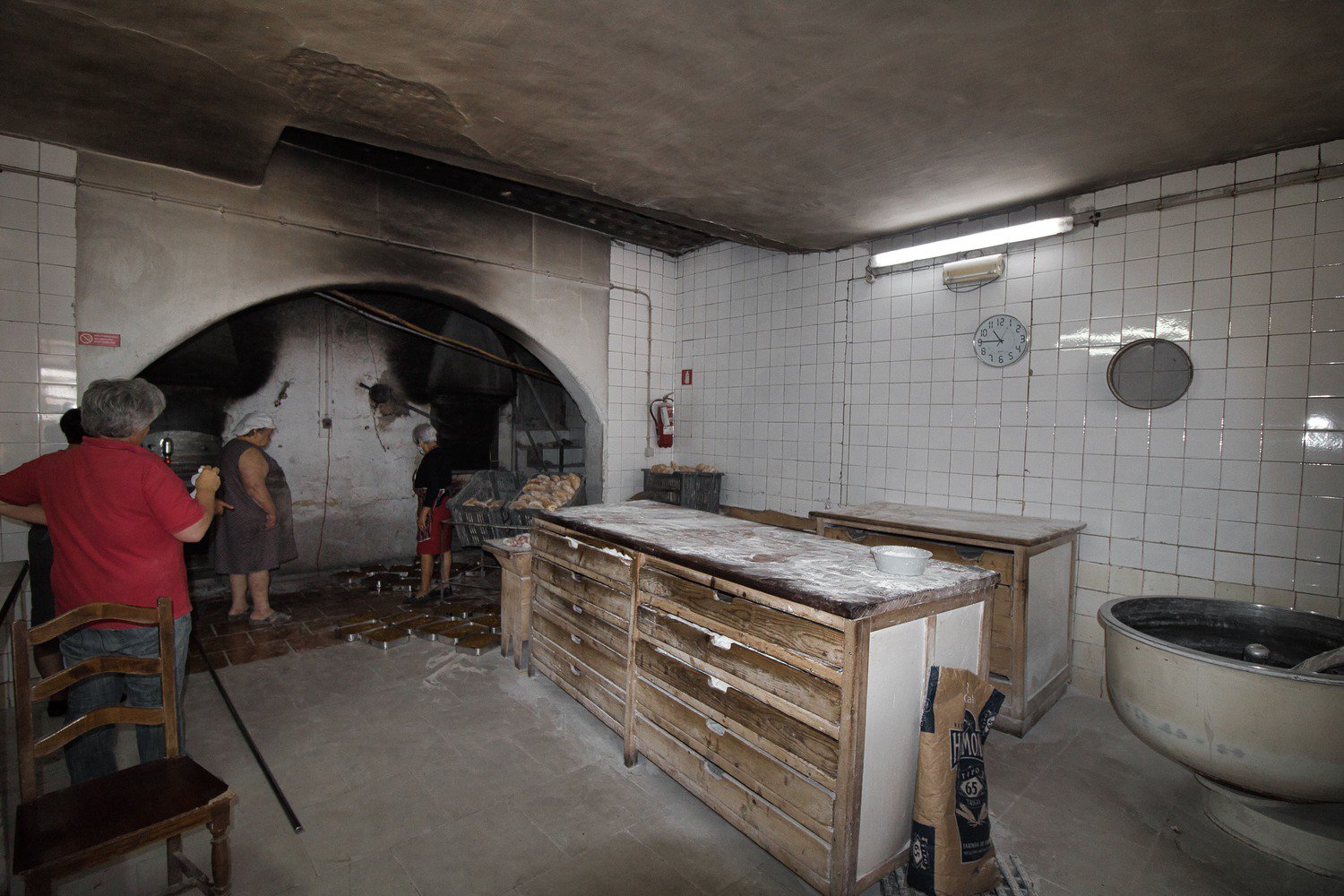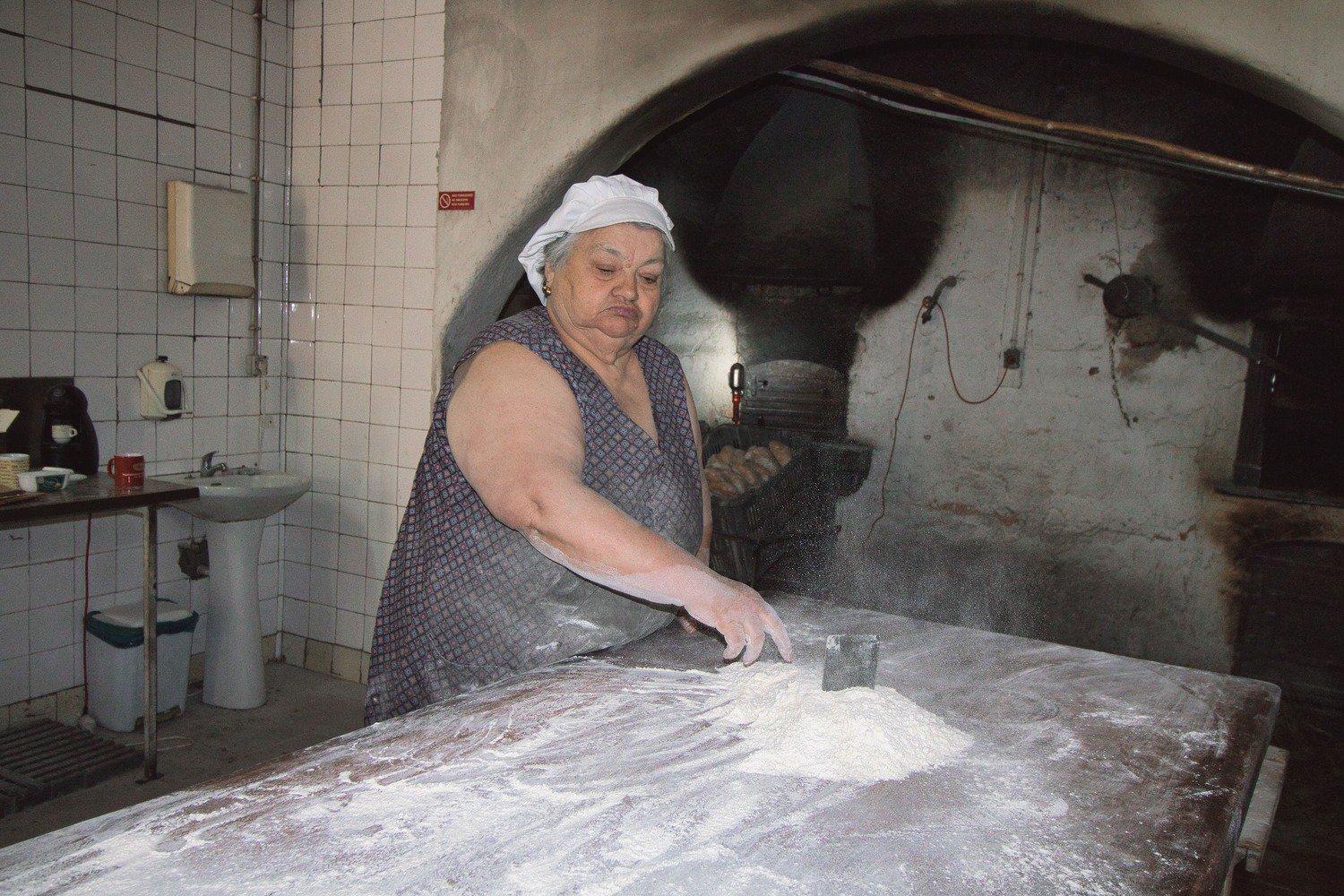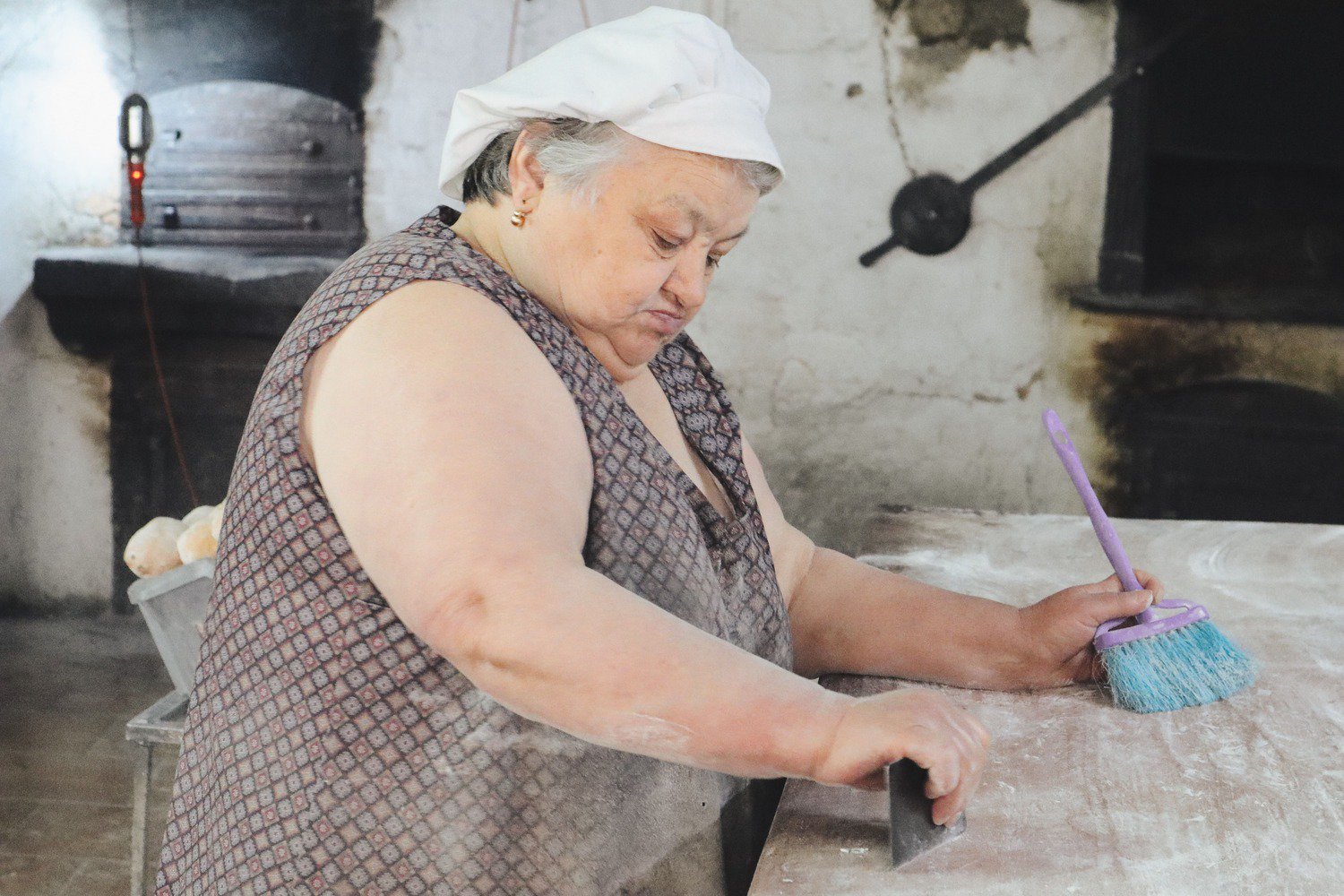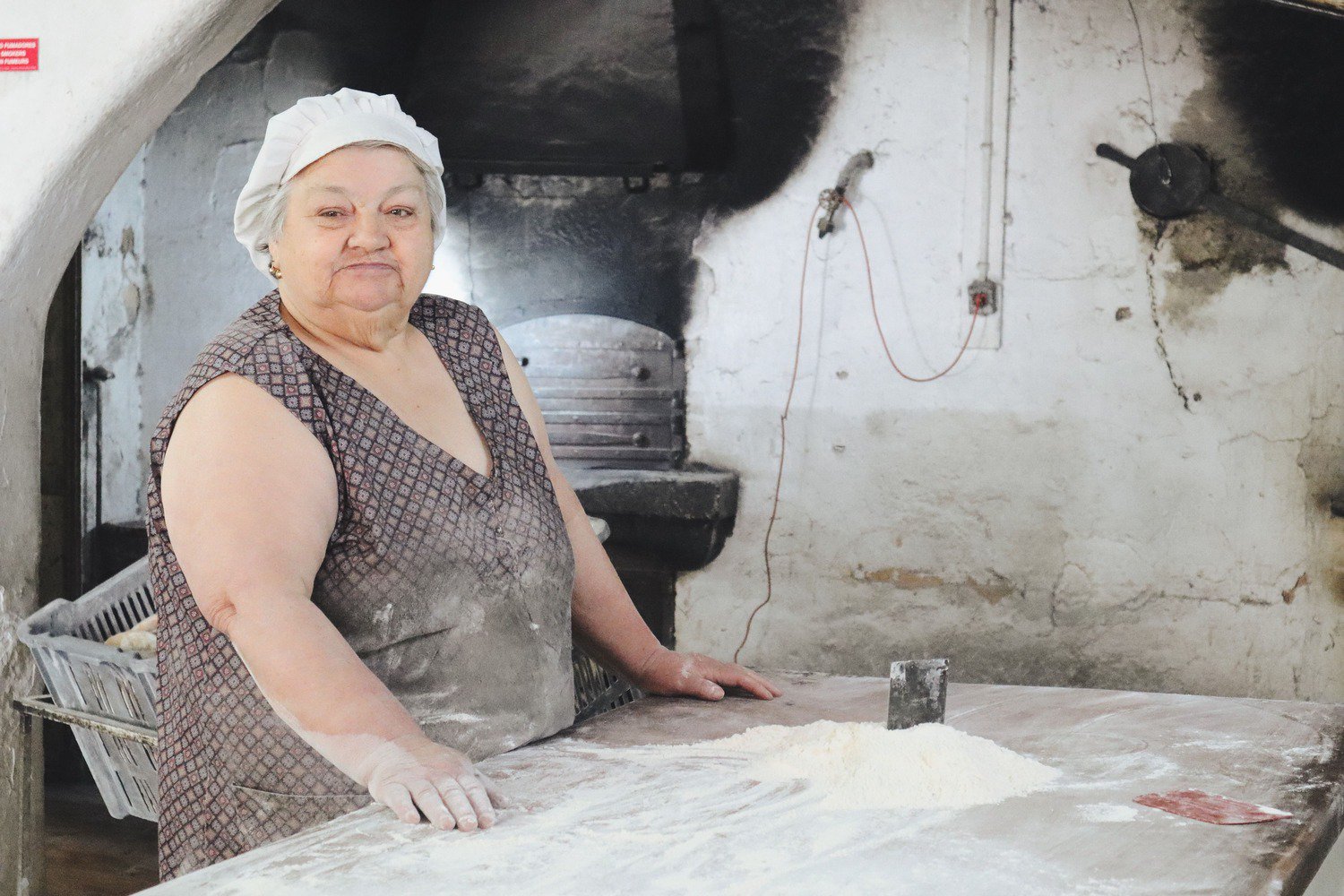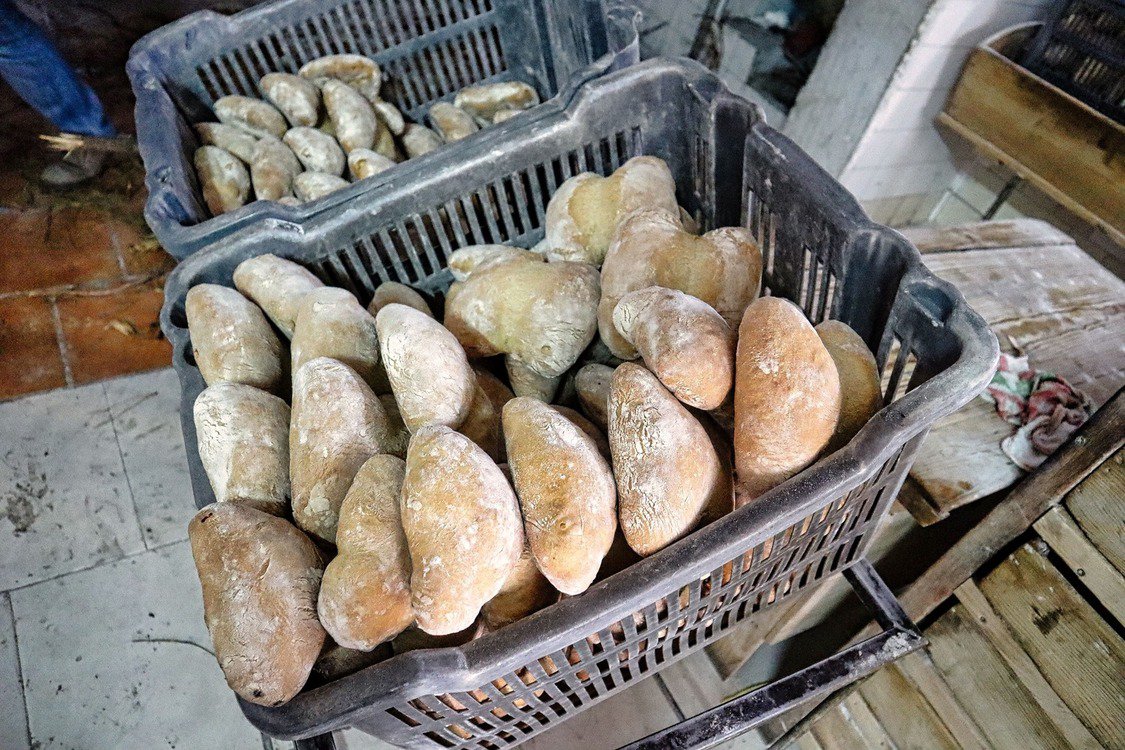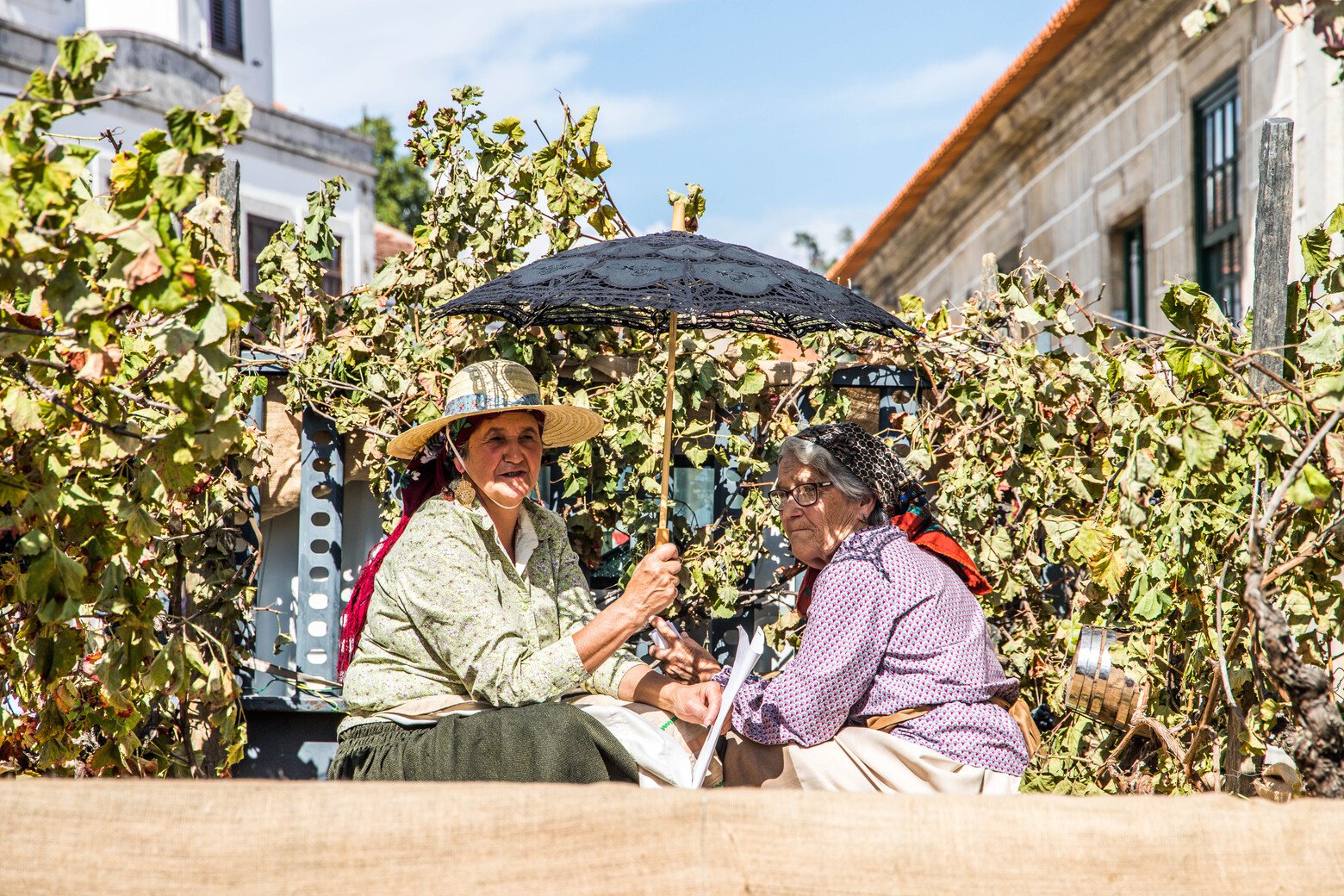
Favaios Culture
Favaios is a beautiful land
And there is no other like it.
Favaios the most beautiful village
In this, our Portugal.
“Lindo Favaios,
Terra de fornos, padeiras,
Do branco trigo aloiado,
Floridas verdes campinas
Pelas íngremes colinas.
O seu vinho é do afamado
Sua esguia e alta torre
No velho cimo da rua
Fita largos horizontes
Parecendo escutar
O suave murmurar
Da água das suas fontes.”
Favaios Culture
The historical 'village' of Favaios, currently known as 'wine village', is one of those places with a very own identity, where remarkable traces of its 'nobility' are expressed. Involved in multiple heritage references, values and traditions that are lost in time, and that carry to this day the entrepreneurial and mobilizing spirit of its people. A 'town' set on the Douro plateau that offers a unique aura, whose cultural, material and immaterial heritage bears witness to this uniqueness.
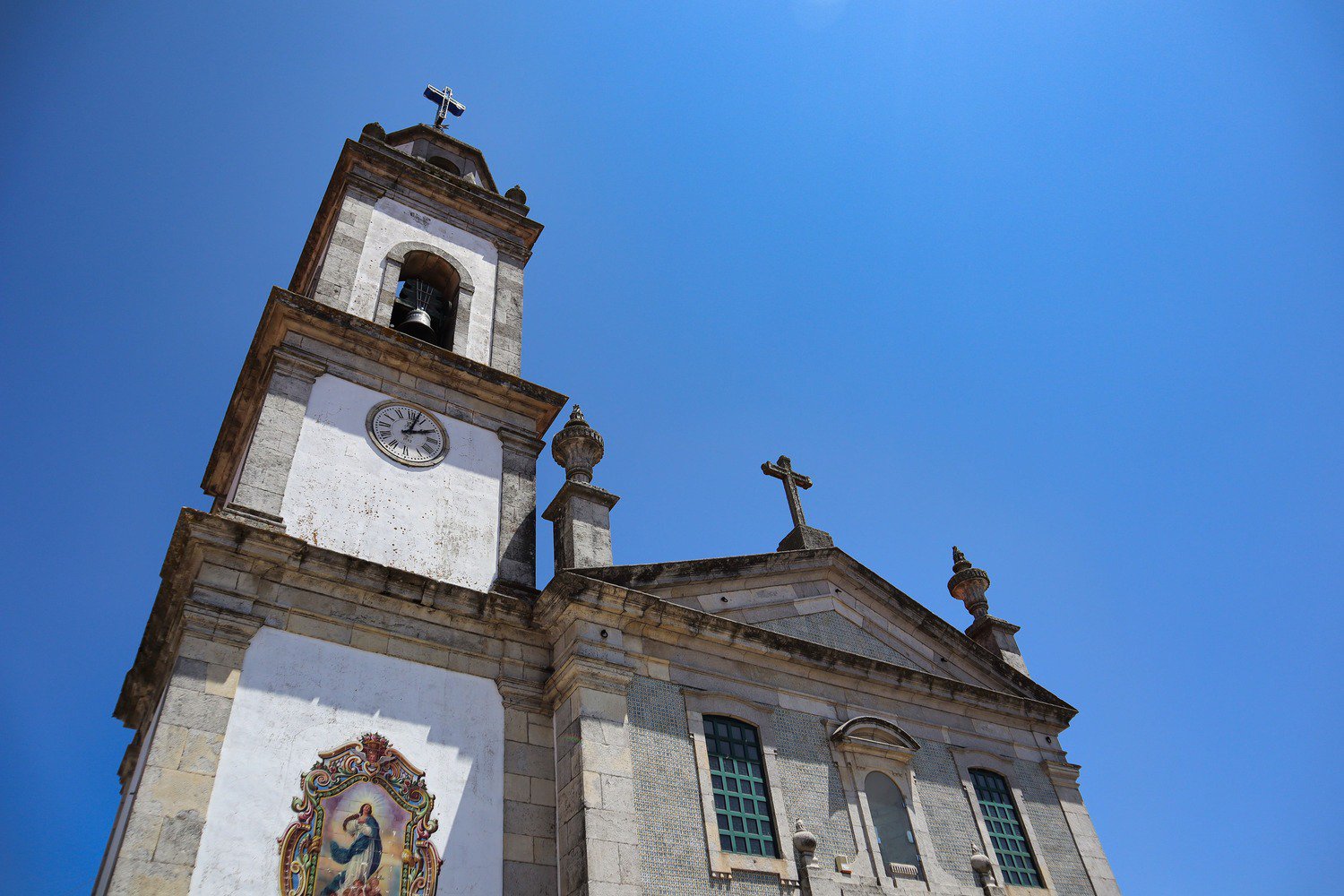
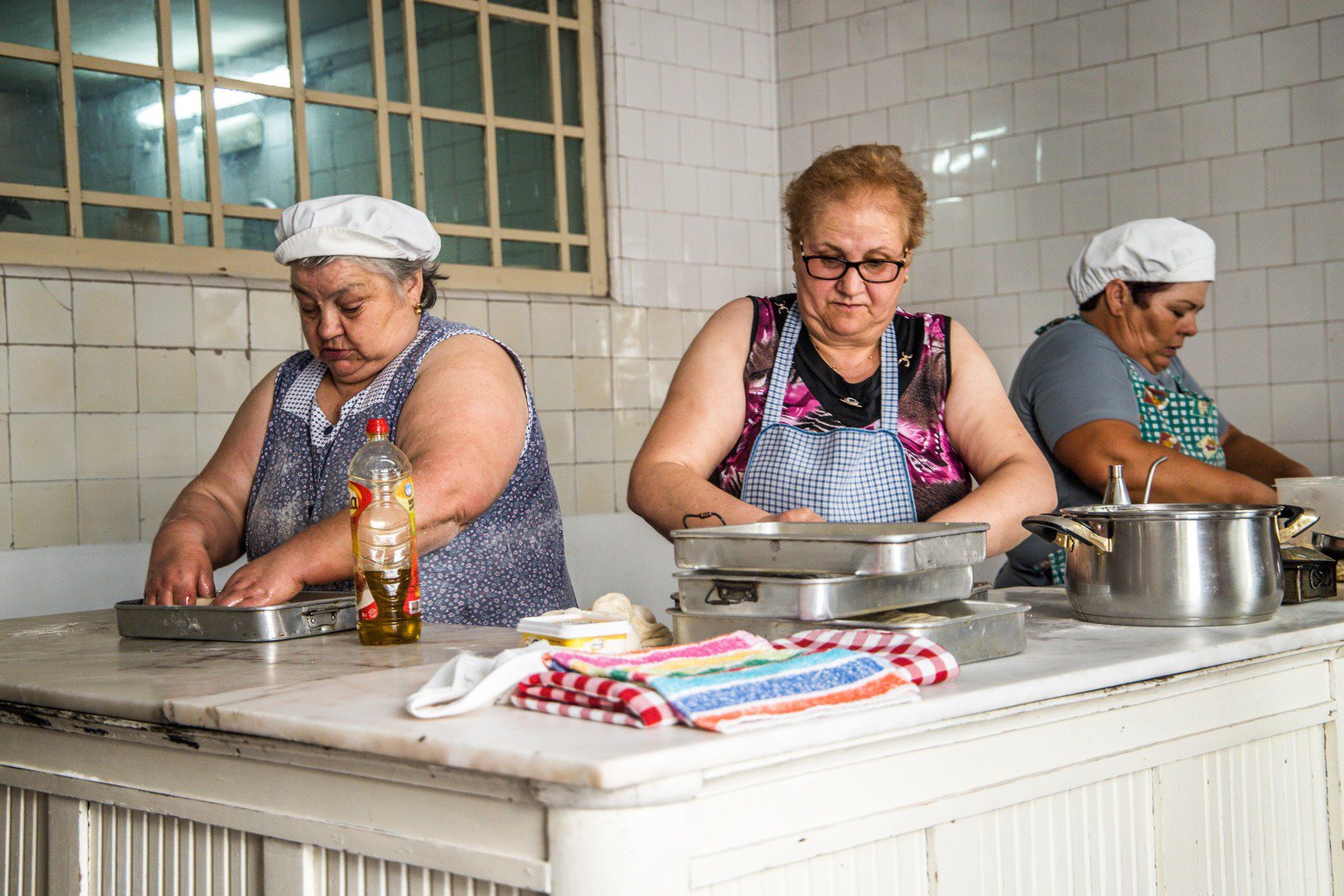
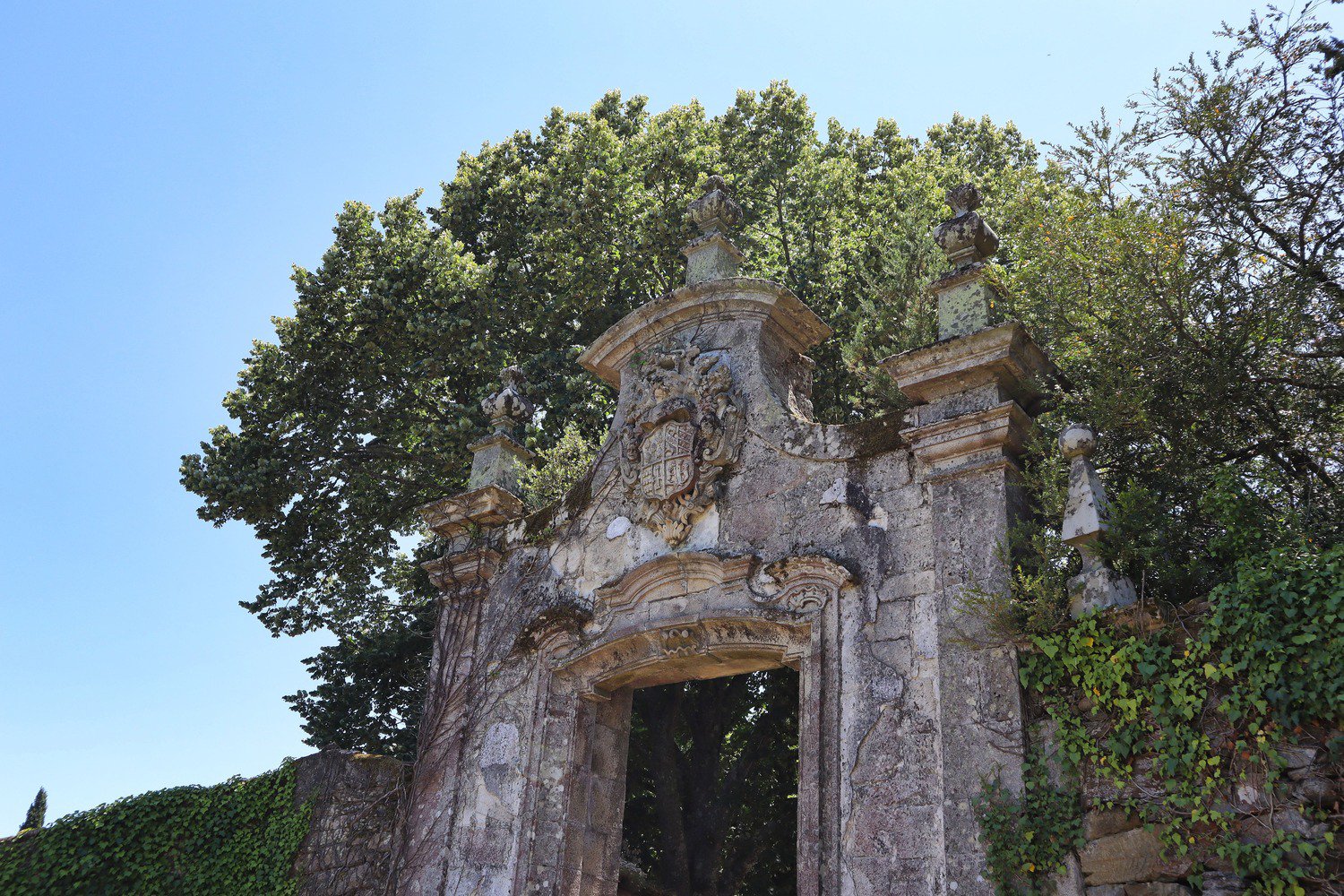
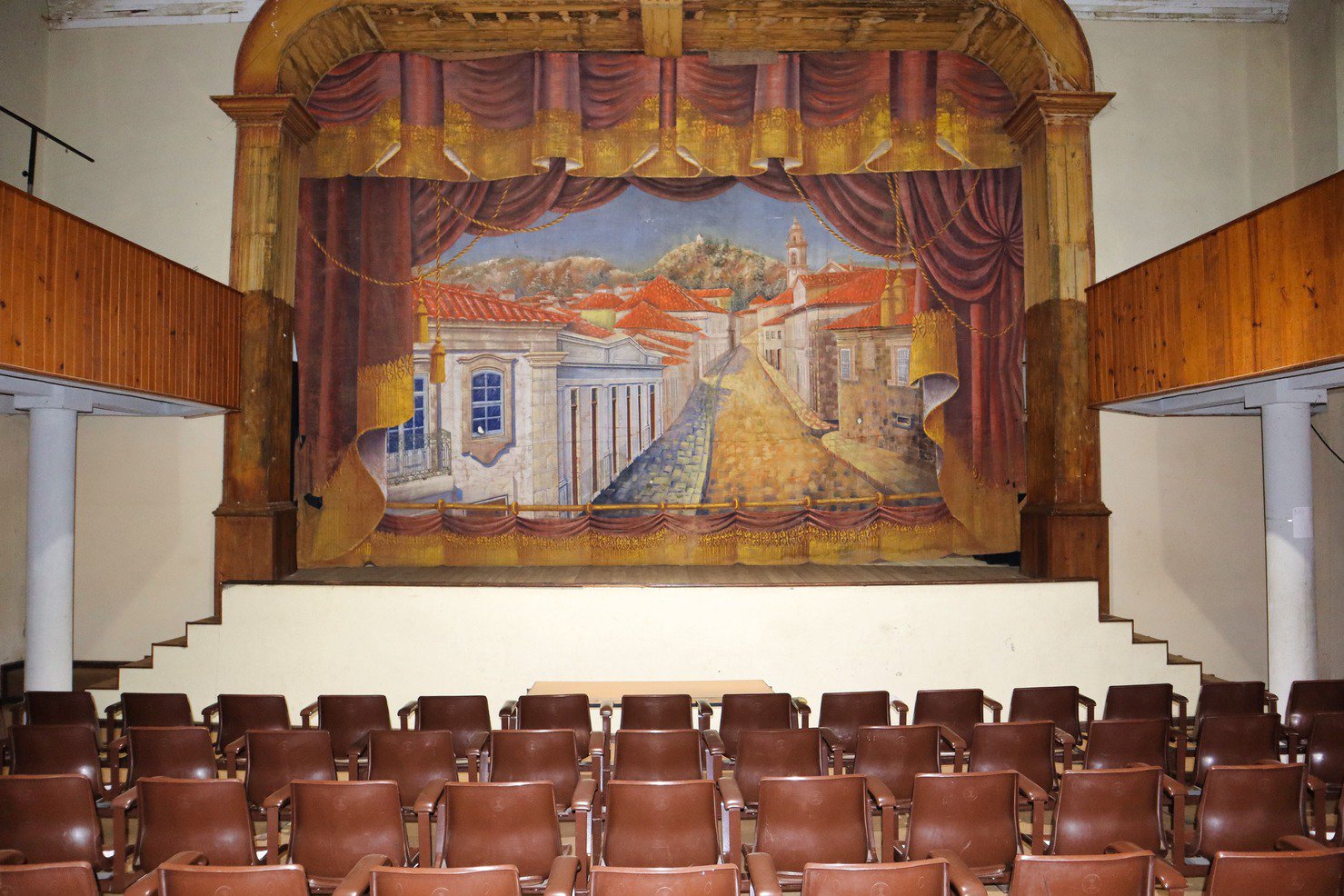
Landmarks of the Parish of Favaios
Landmarks of the Parish of Favaios
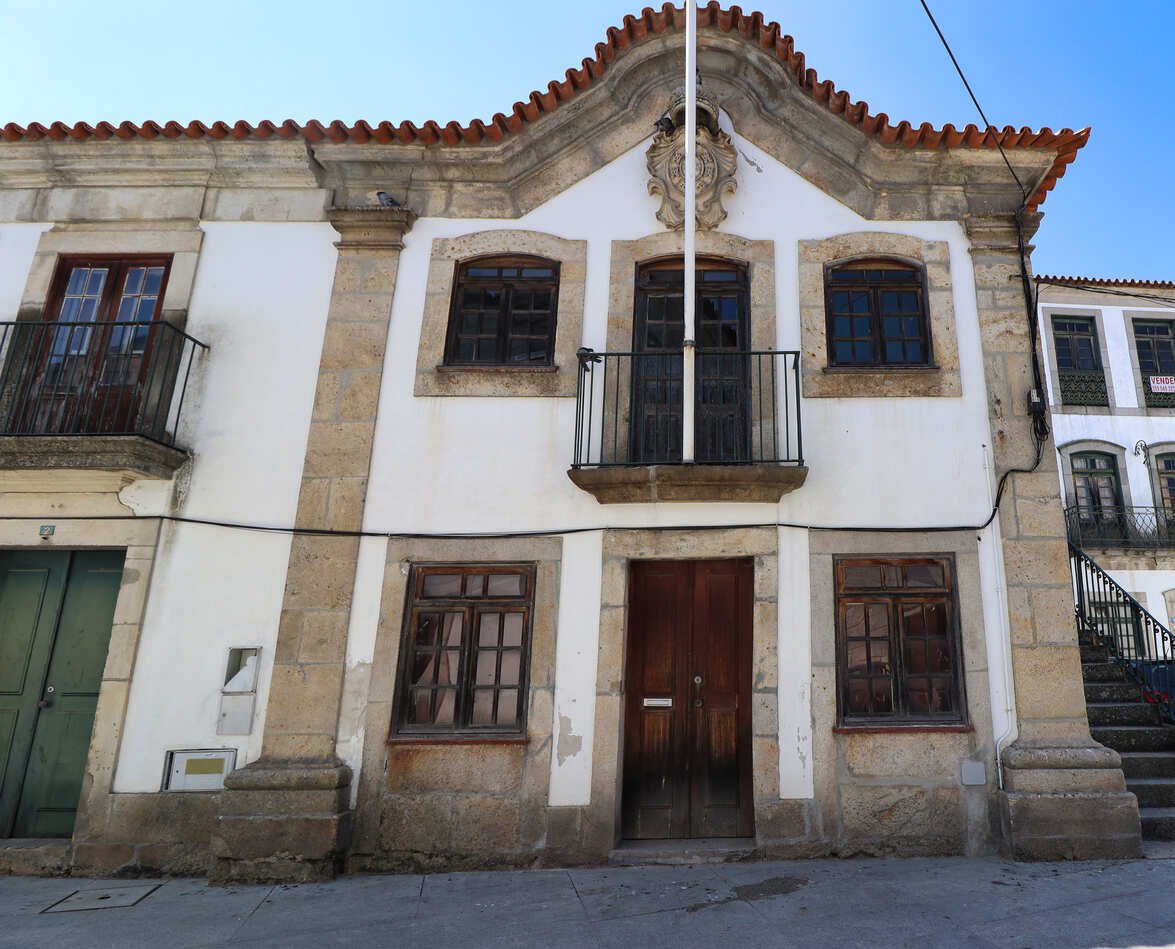
Antigo Paço do Concelho
Edificado algures entre o Século XVIII e o século XIX, o Antigo Paços do Concelho ergue-se no denominado Largo da Praça ...
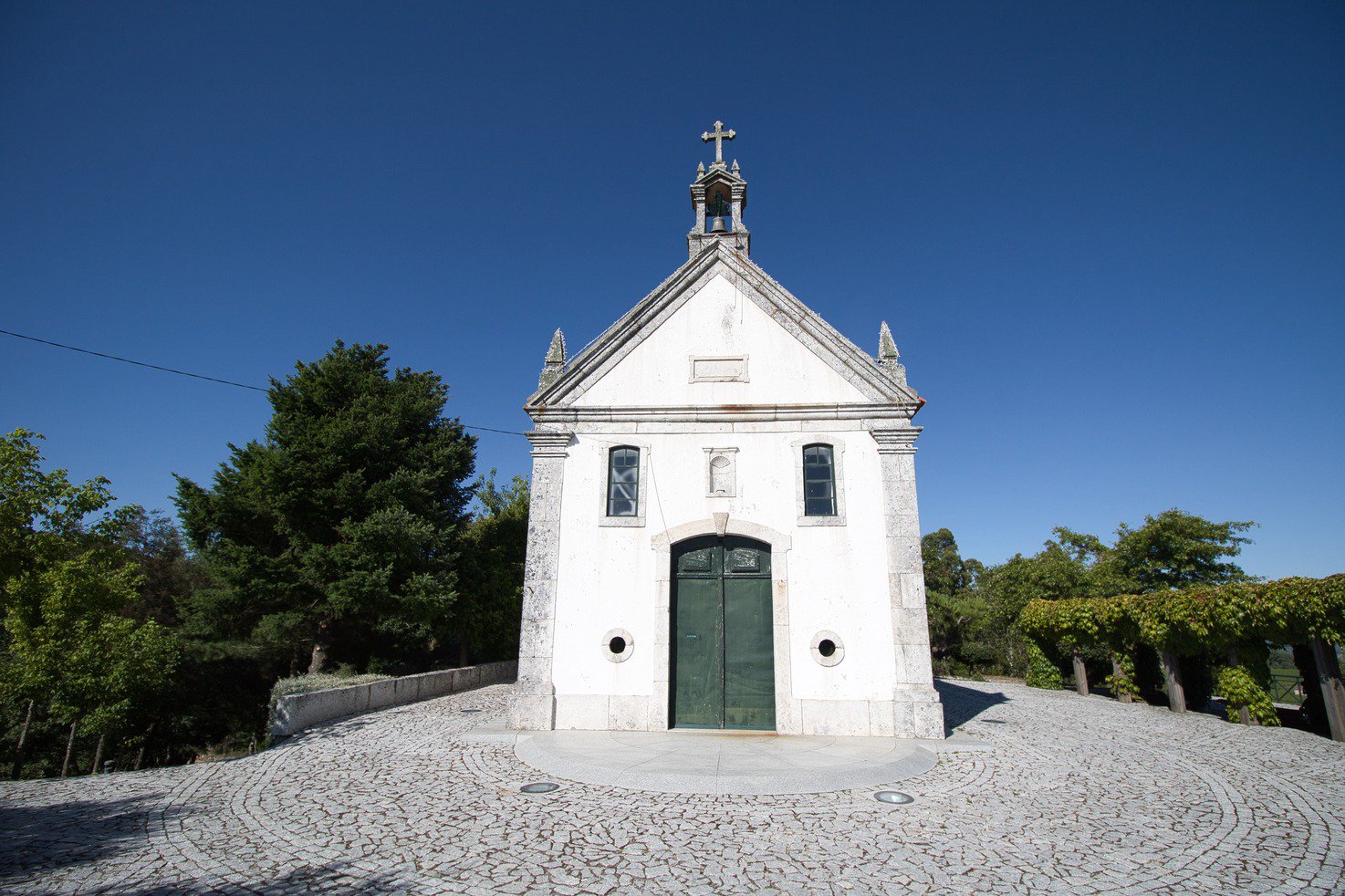
Capela de Santa Bárbara
Inserida num miradouro que permite a visualização da Aldeia de Favaios em todo o seu esplendor, com a serra do Marão no horizonte...
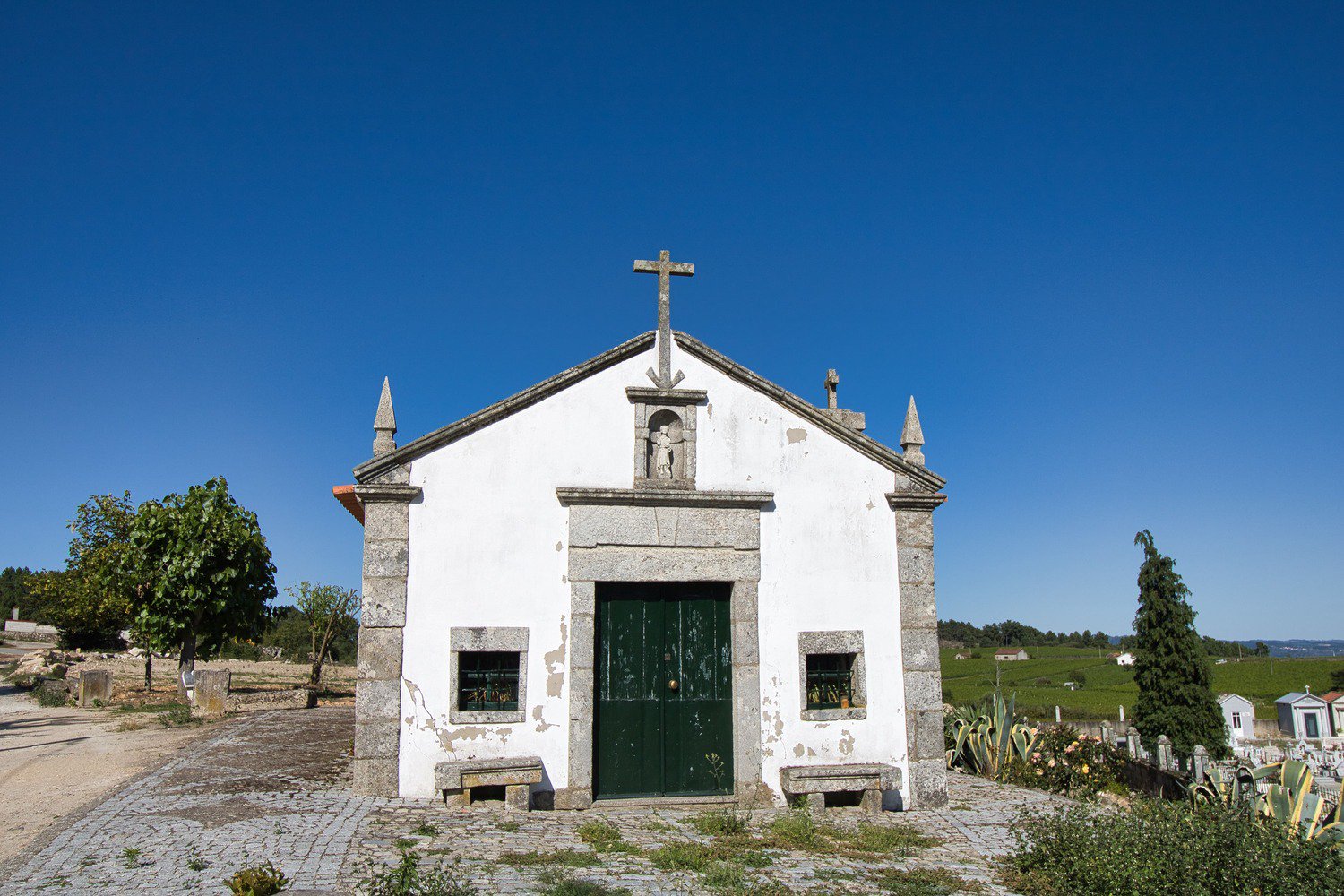
Capela de São Paio
Datada de 1639, esta capela, dedicada ao jovem mártir São Paio, encontra-se situada na antiga estrada romana que ligava Favaios a Alijó ...
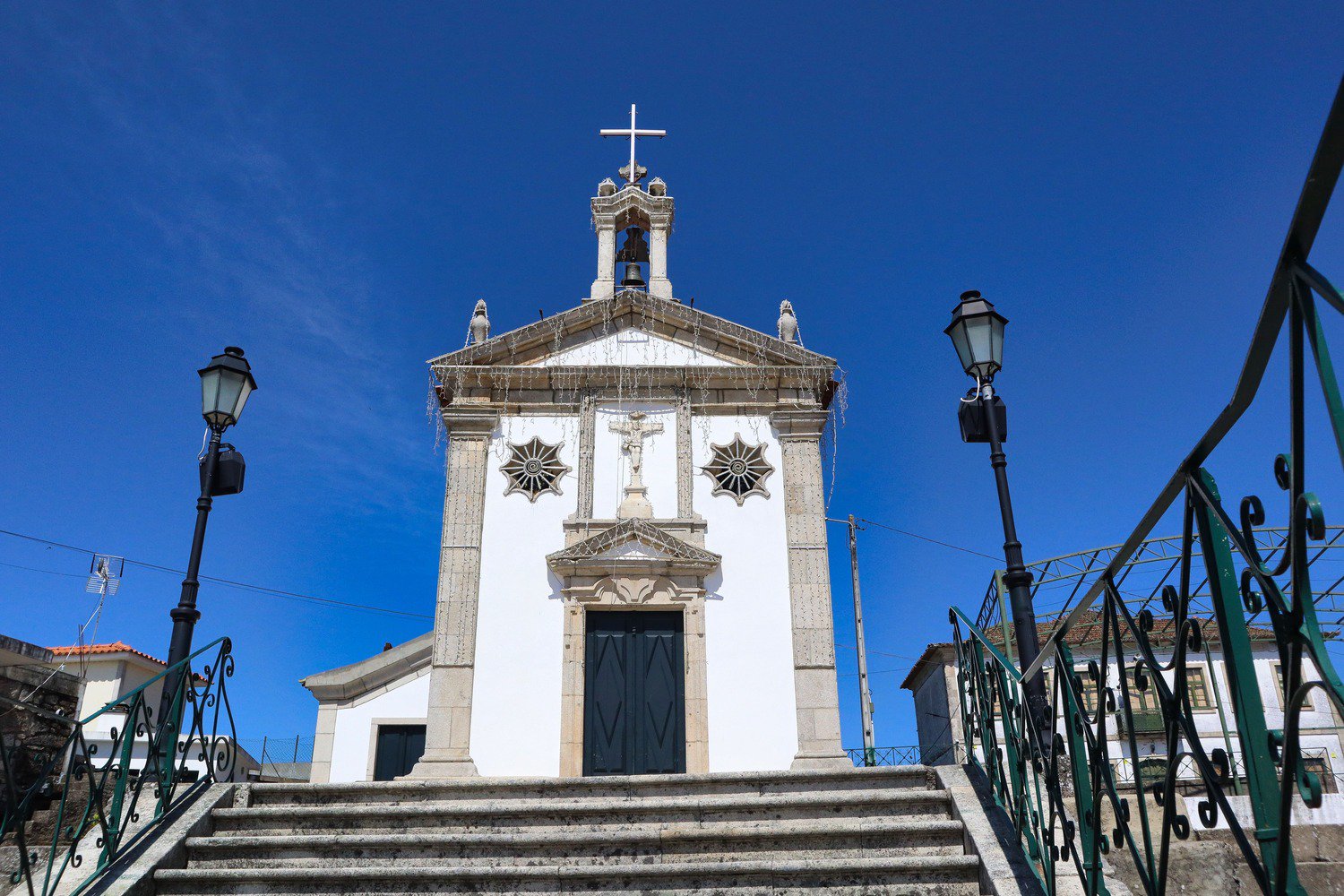
Capela do Senhor Jesus do Outeiro
Dotada de um estilo de revivalismo neo barroco, a capela do Senhor Jesus do Outeiro é um marco da aldeia de Favaios, edificado no século XIX ...
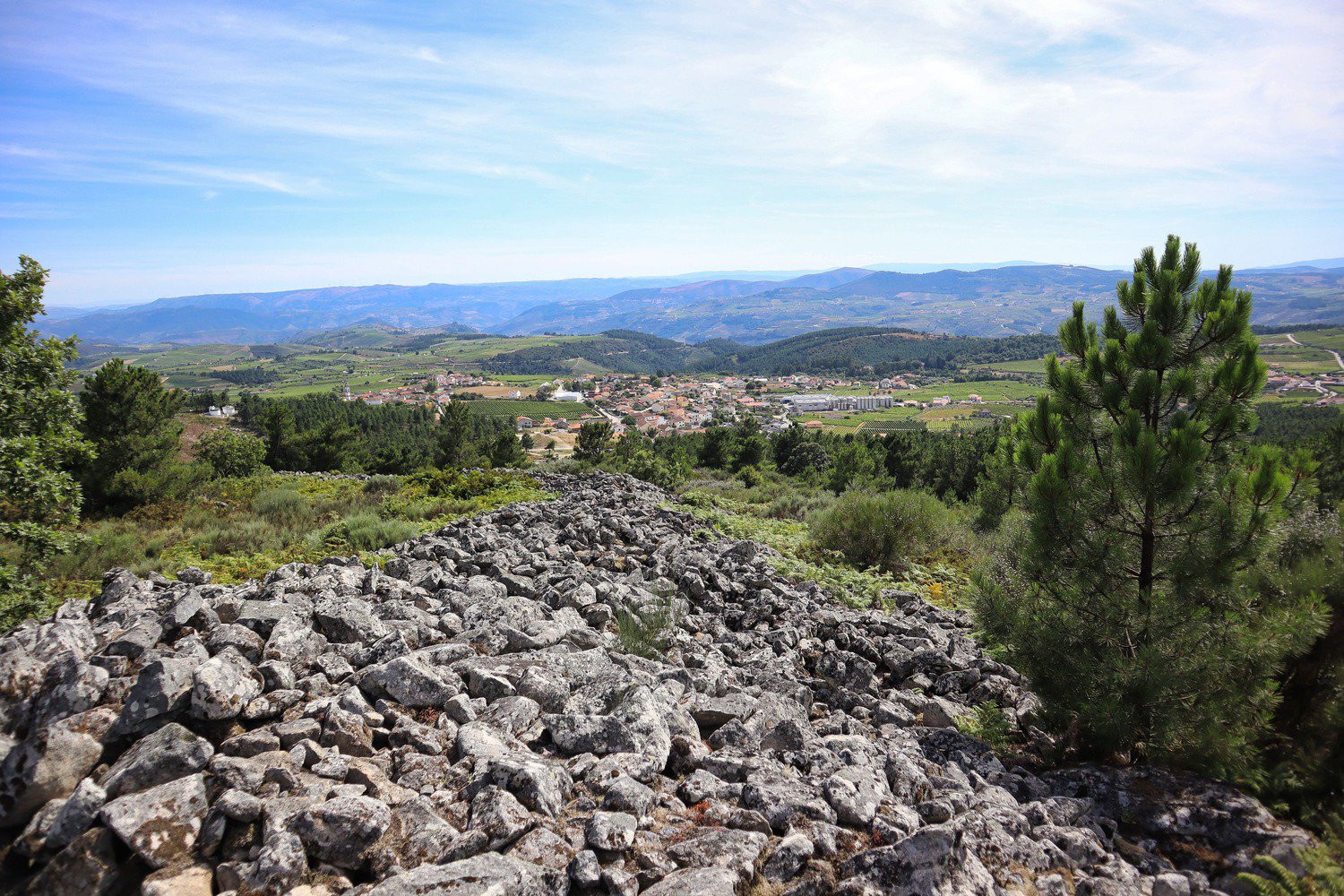
Castro Vilarelho
Situado num ponto alto da localidade, o castro de Favaios é considerado a maior formação do género no concelho de Alijó...
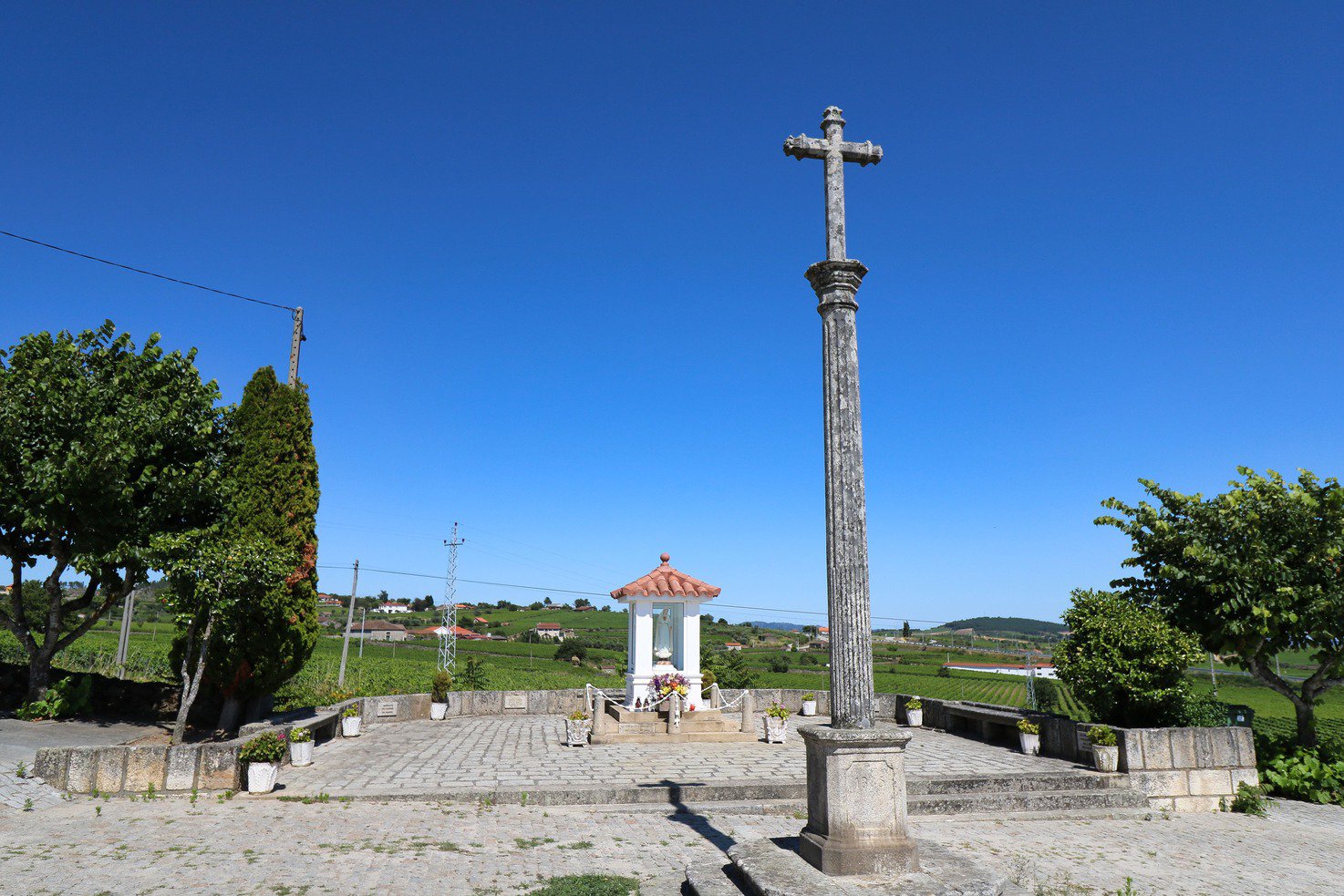
Cruzeiro de Favaios
Edificado em 1885, o Cruzeiro de Favaios encontra-se inserido na periferia da Aldeia Vinhateira de Favaios, funcionando como um histórico anfitrião para todos aqueles que se deslocam à localidade ...
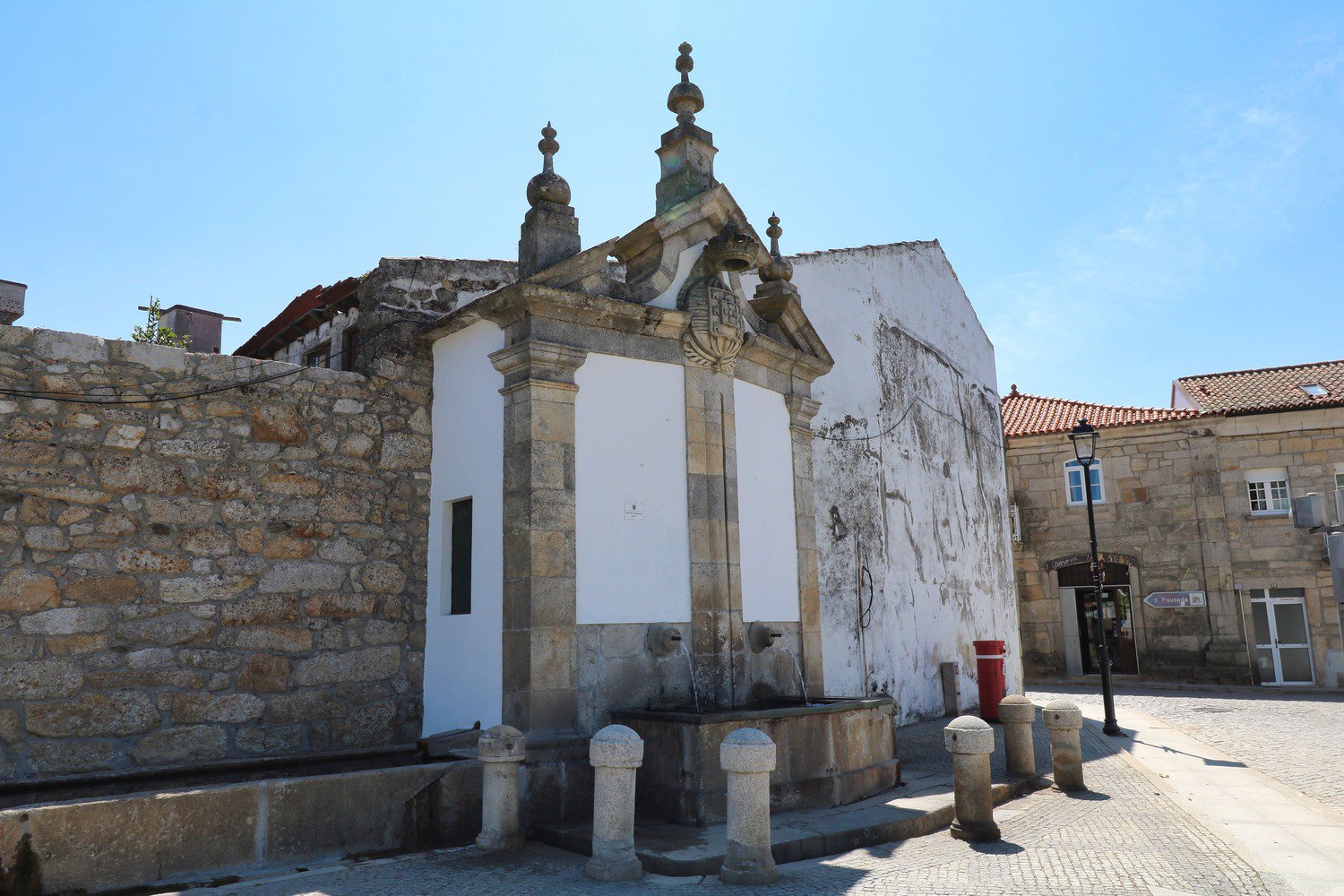
Fonte Manuelina
No centro da localidade, este bonito chafariz é um dos apontamentos monumentais de maior relevo em Favaios ...
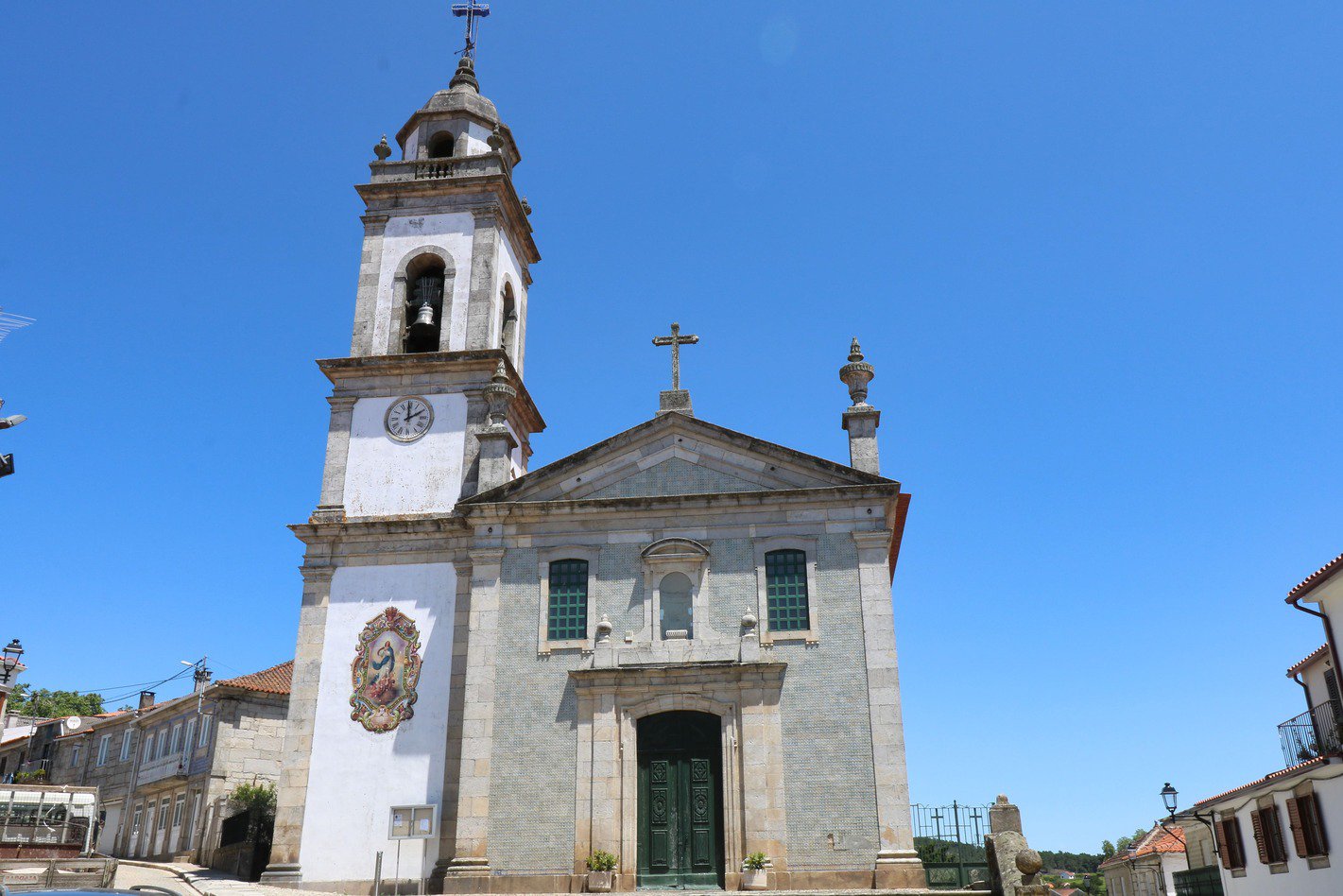
Igreja Matriz de São Domingos
Detentora da torre sineira mais alta do concelho, a Igreja Matriz de São Domingos é reconhecida pela sua arquitetura neoclássica de beleza singela ...
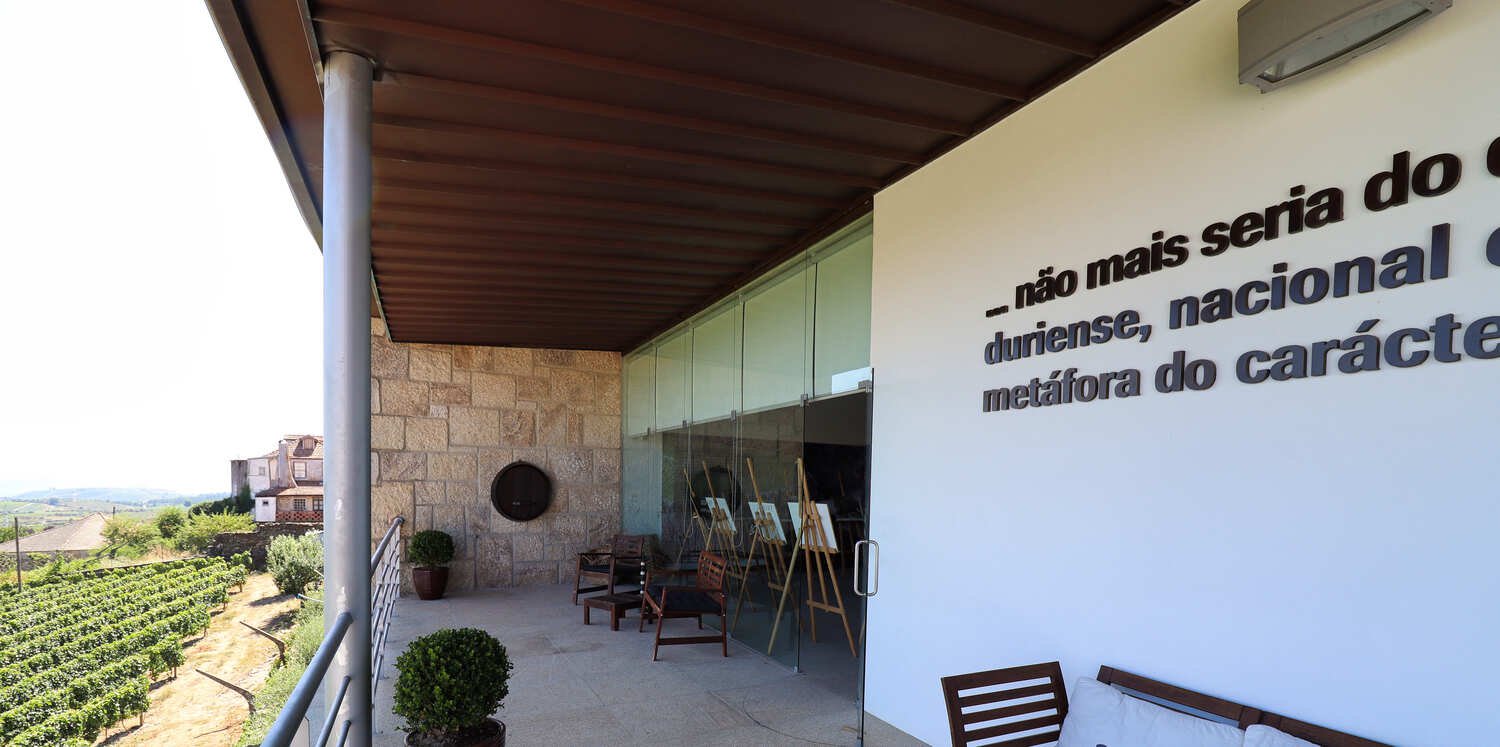
Núcleo Museológico do Pão e do Vinho
A história dos principais recursos locais da aldeia de Favaios é contada neste espaço, inserido num edifício histórico, do século XVIII, procurando dar a conhecer a todos os interessados as suas principais tradições. A narrativa do vinho moscatel e do pão de Favaios é aqui explorada, integrada com a história de um local onde a realidade do tempo não se fez sentir.
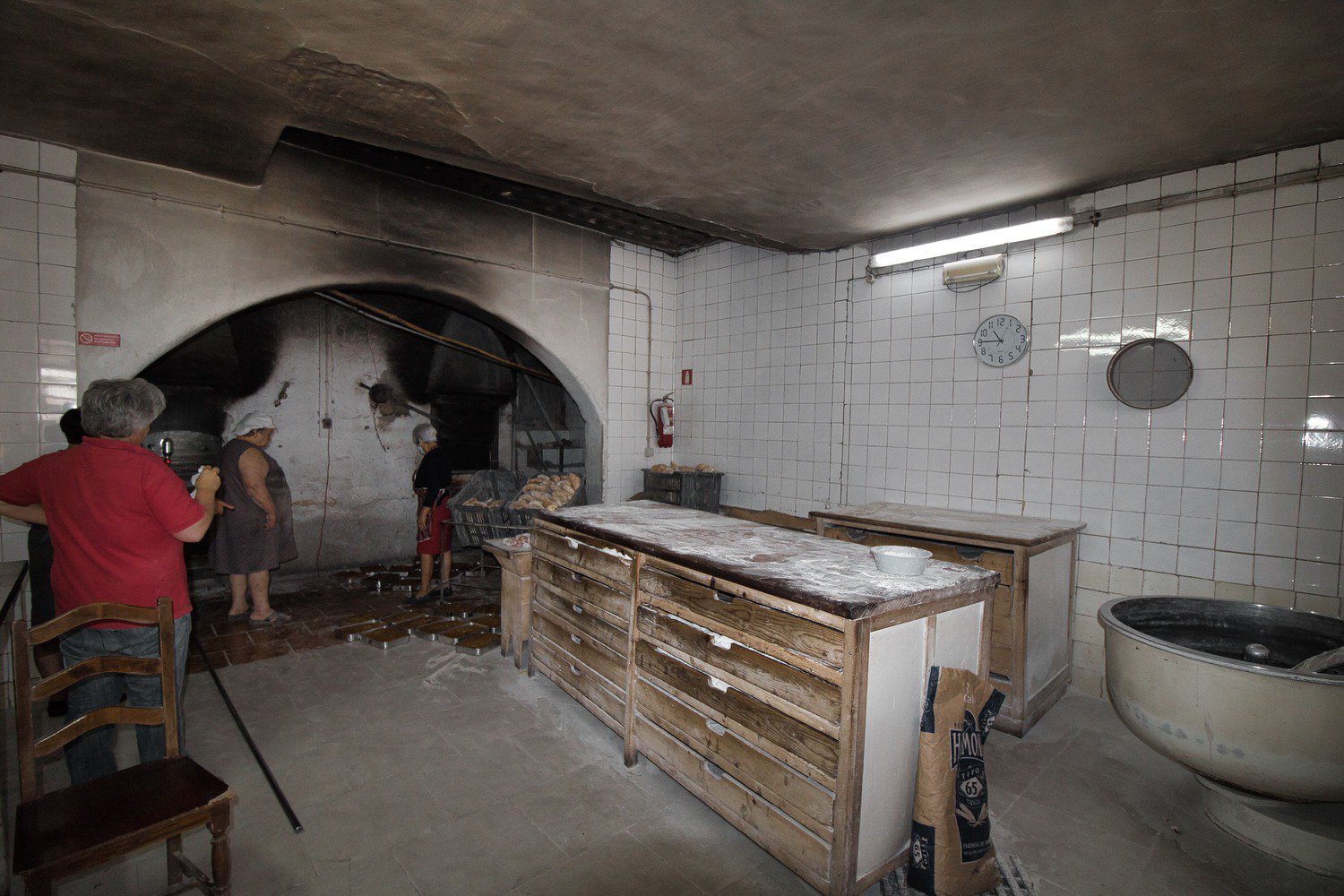
Padarias de Favaios
O pão de Favaios é reconhecido pela sua qualidade e pelo seu desenho invulgar, sendo um produto local extremamente apreciado. A sua confeção incorpora ensinamentos ancestrais, que continuam a ser integrados através das diferentes padarias existentes na aldeia, perpetuando um dos principais valores da freguesia.

Quinta de São Jorge
A Quinta de São Jorge é um marco bem presente na memória de todos os habitantes de Favaios, com a sua iconicidade a dever-se à sua profunda interligação com a história da localidade ...
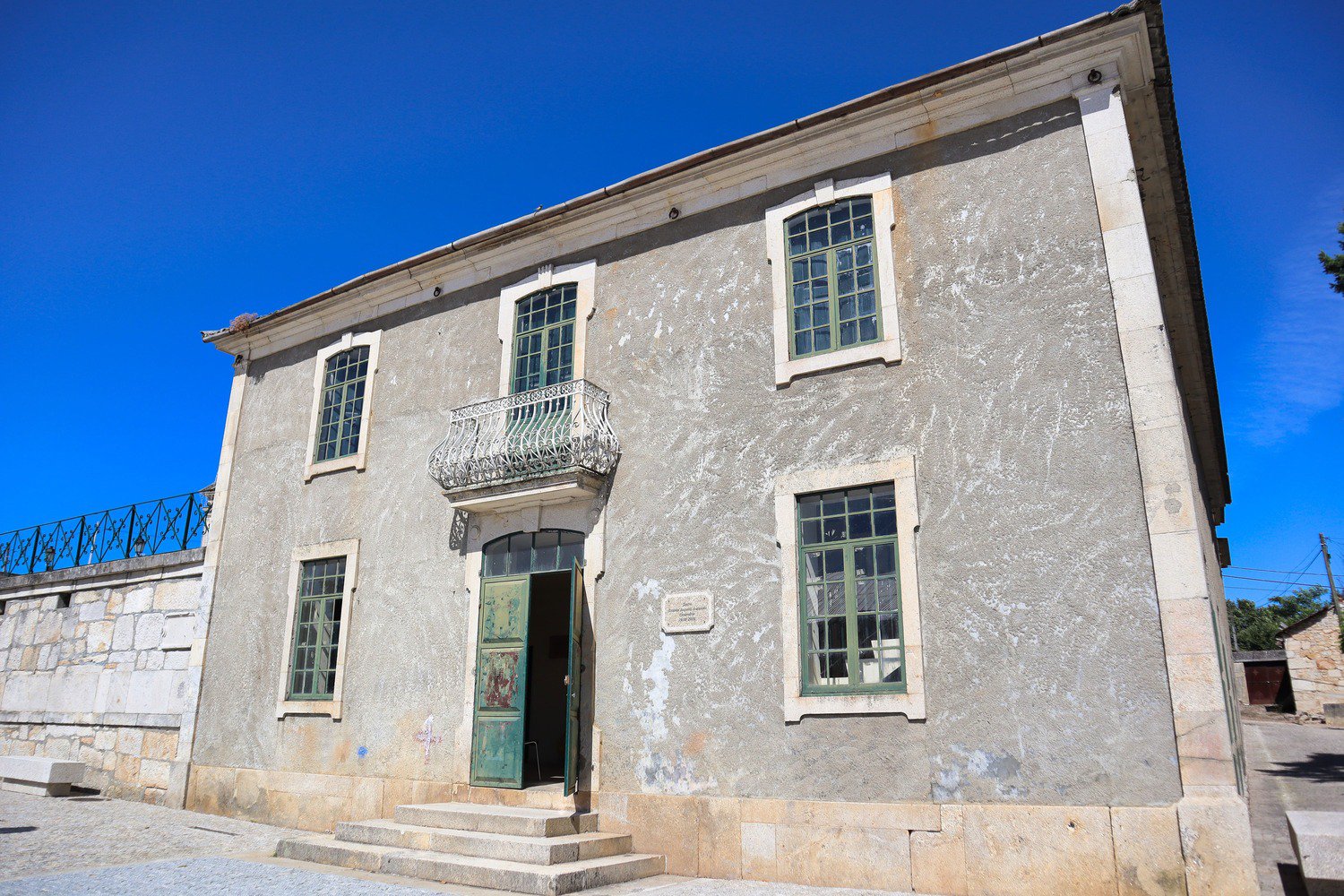
Favaios Theatre
With more than 100 years of existence, the Theatre of Favaios is an iconic building in the cultural dimension of Favaios, owner of a rich history ...
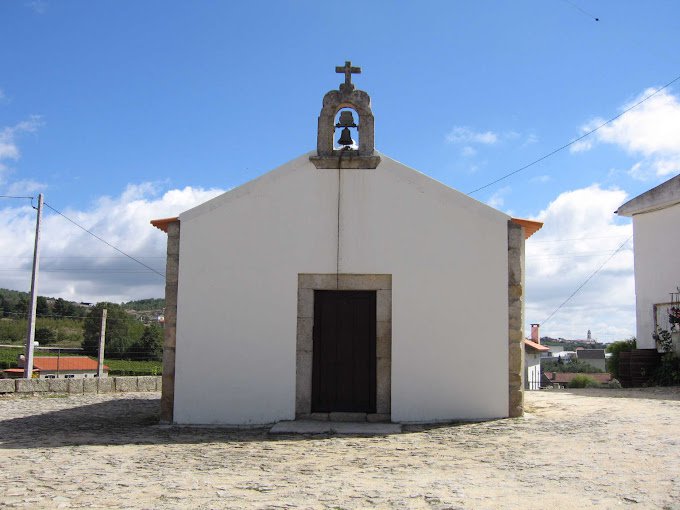
Capela de Santo António
Da arquitetura religiosa e maneirista, surge a Capela de Santo António. De planta longitudinal simples, detém uma fachada principal singela, mas detentora de uma beleza própria, rasgada por portal de verga recta. O seu interior possui um retábulo-mor maneirista, em talha policroma e dourada, de planta recta e um eixo.
1 / 13
Religion
The existing religious landmarks in the 'village' of Favaios reflect the existing spiritual involvement, in a region marked by an extremely significant cultural plurality. The placidity found in this corner of the Douro plateau has influenced the search for spiritual comfort, in its most different manifestations, with the Mother Church of São Domingos, recognised by its imposing top tower, taking a prominent place. The historical depth of the locality allows that the existing religious heritage reflects different cultural styles, with the chapels and religious landmarks expressing distinctive architectural features, which raise the cultural preponderance of the village and contribute to the integration of Favaios as a place of intense spiritual and cultural wealth.
Chapels of Favaios
Views at dusk
All gilded with light
From the fading sun
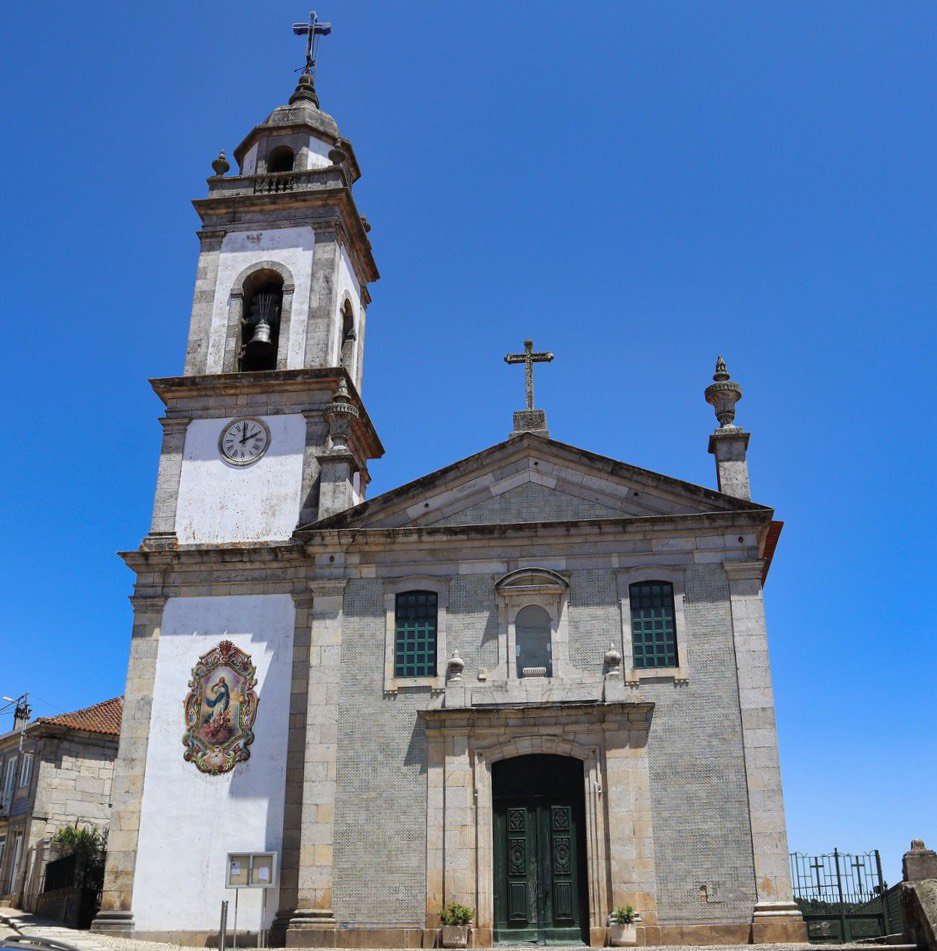
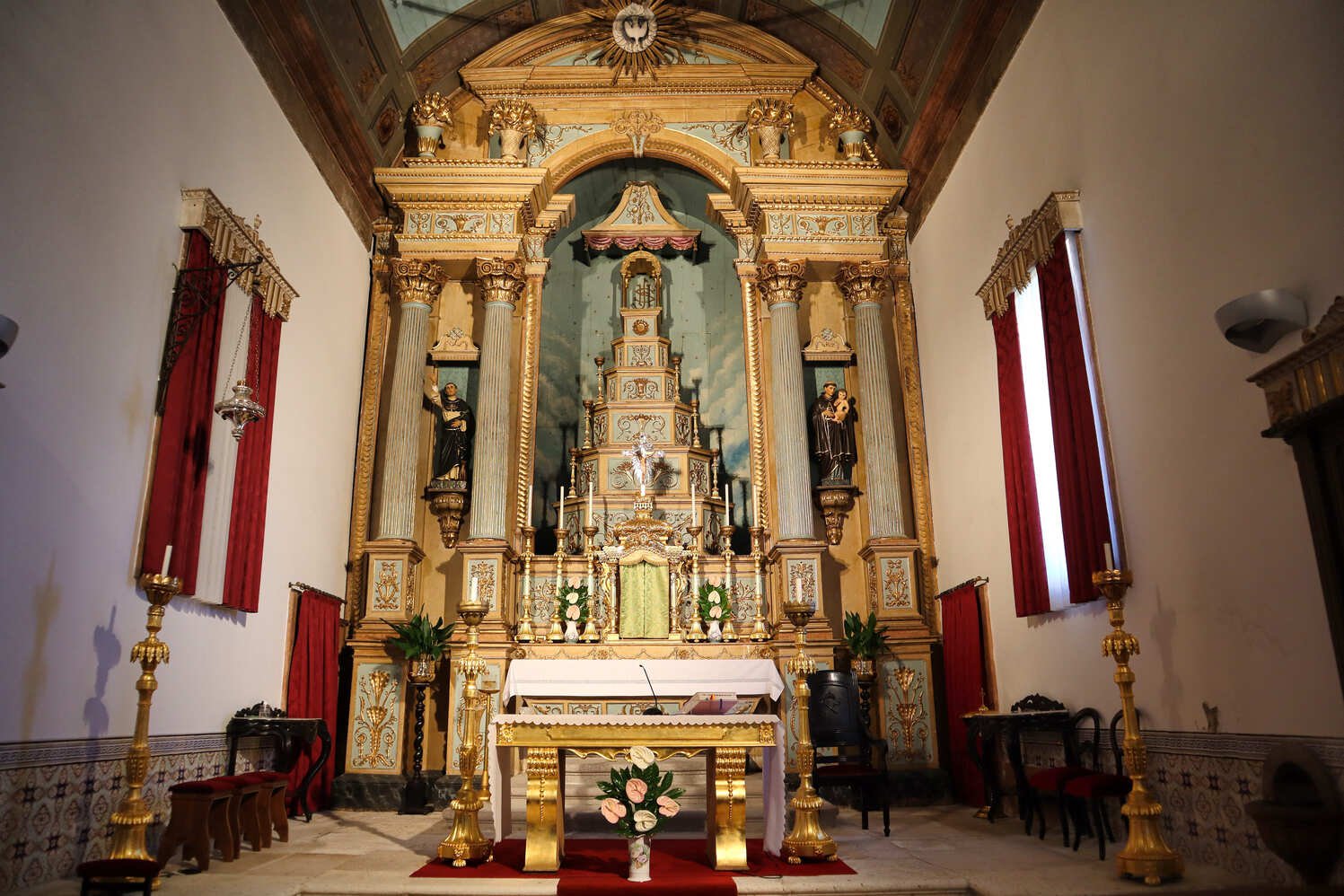
Religion
Theatre
It is often said that theatre is an effective way to educate the audience. The theatre is, sometimes, the real manifestation of dreams, evidenced by the look, the walk, the expression of an actor who tries to invoke feelings in an audience that eagerly tries to disconnect from their daily problems, plunging into a fantasy adventure. The cultural tradition of Favaios is intertwined with the theatre in a way impossible to disassociate, revealing more than a century of existence. The António Augusto Assunção Theatre, established in 1919, has already been the stage of several plays of undeniable value, with the presence of recognized actors of national and international dimension. Since 2006, the group OFITEFA - Oficina Teatro de Favaios fulfils the mission of boosting and promoting this art, taking the name of Favaios to the most diverse stages, creating shows of undeniable quality.
Theater
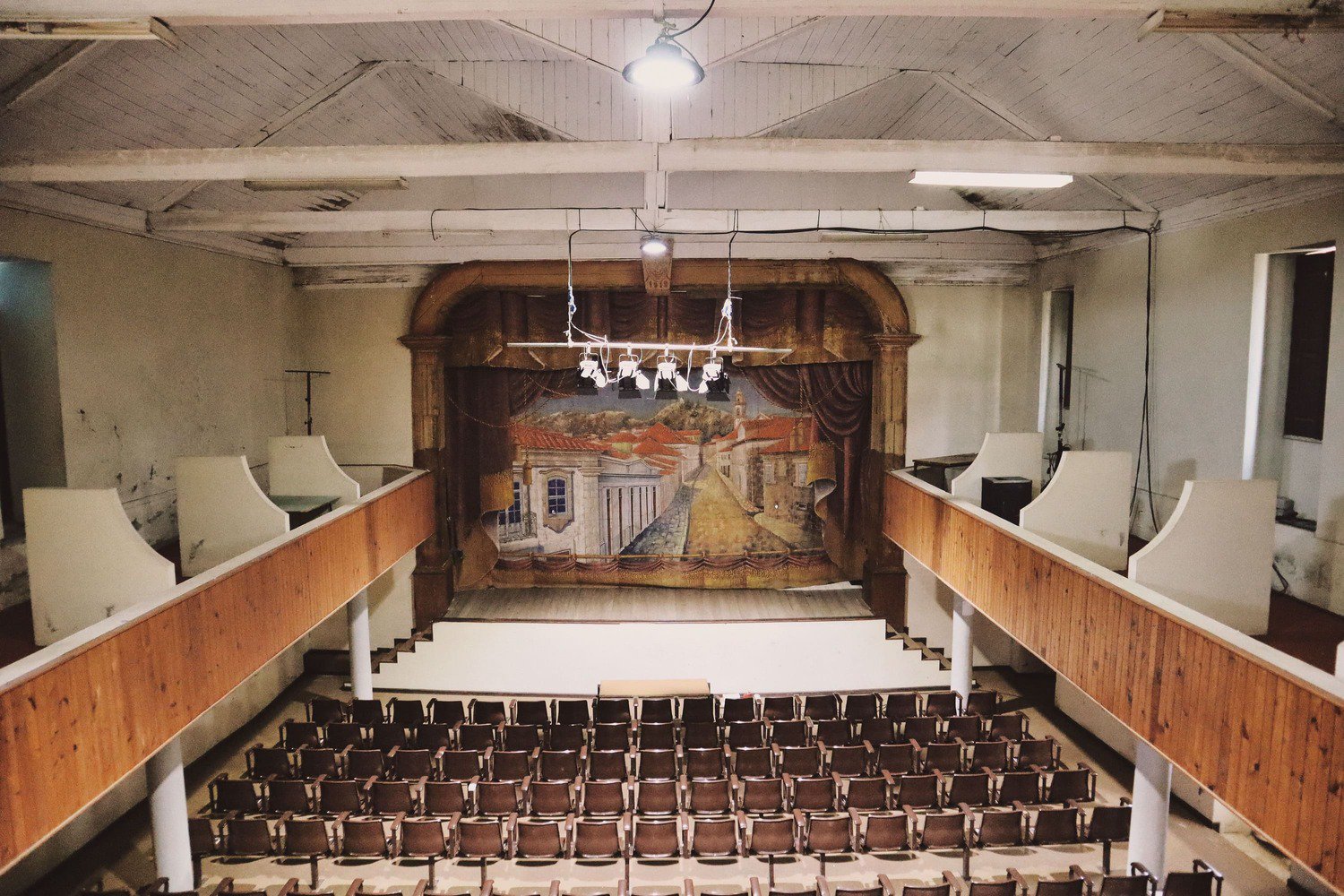
Favaios Theatre
Opened in 1919, the theatre is one of the cultural reference points of the locality, with a capacity for 400 spectators, highlighting the stage's mouth with its personalized 'screen' with a representative painting of the historical centre of Favaios. This cultural space has already been the stage of renowned plays, with representations of several professionals such as Alves da Cunha, the Lisbon Dance Company, among others.
Bakeries
The 'village' of Favaios has several faces, several features that represent the feelings of its people and their power to overcome. The Bread of Favaios is one of these faces. Driven by the belief, by the memories and by the feeling of the people, the traditions of generations are still perpetuated in the locality, taking the form of the four peaks bread, which is so appreciated by all those who taste it. The bakeries of Favaios have the intention of continuing to produce the bread, together with the renowned meat balls, always supported by the ancestral teachings and techniques used for so many years.
Traditional Bakeries in Favaios
One of the most striking features of Favaios identity is its famous bread, the so-called 'four corners' wheat, produced in traditional local bakeries, in wood-fired ovens, in which the 'art and skill' of its confection dates back to the ancestors and were preserved over time by sharing these teachings from generation to generation as if they were 'oral traditions'. The traditional bakeries of Favaios are also a must-visit place, providing visitors with a truly authentic experience, sealed with the tasting of the product.
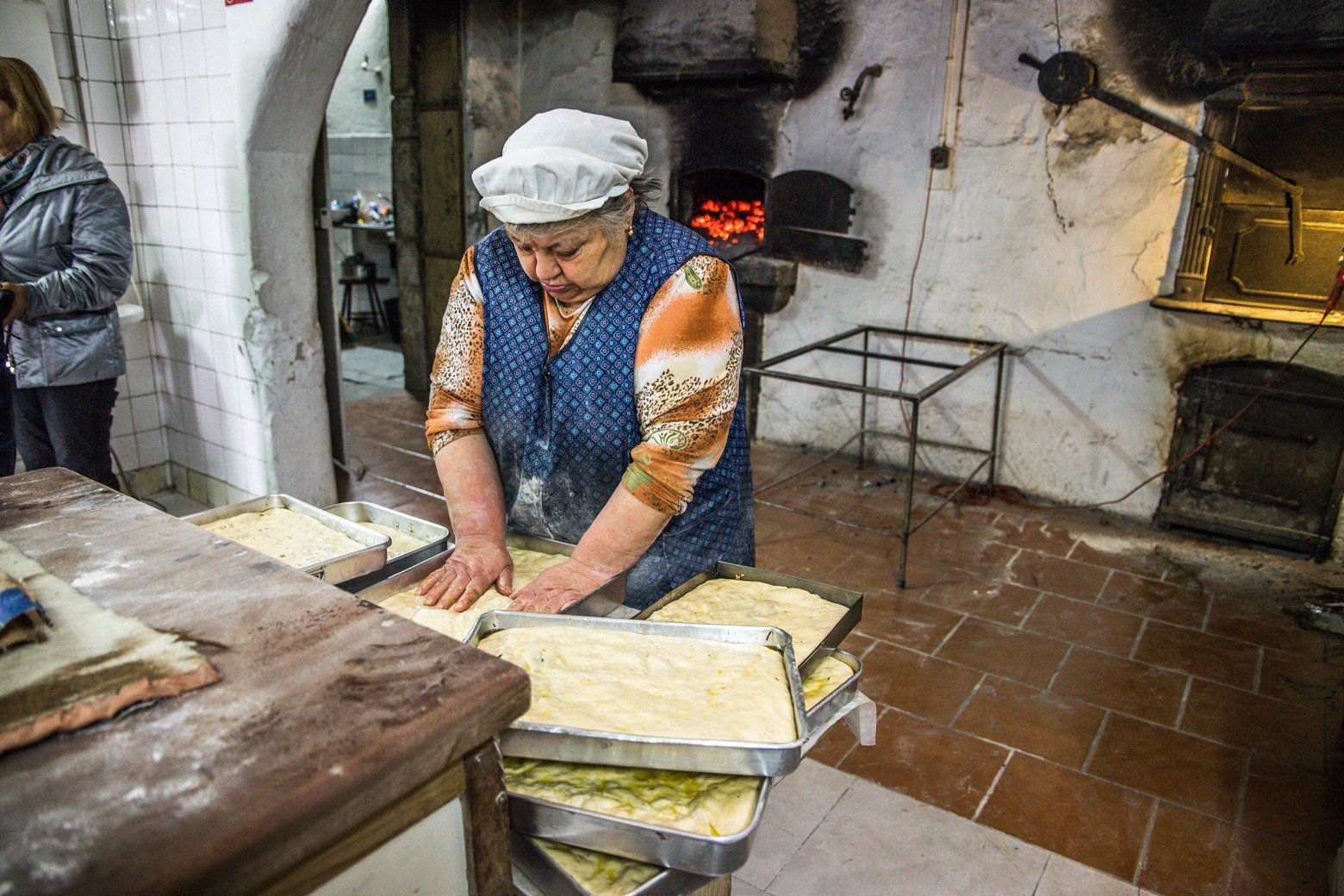

Monumental Heritage
The historical relevance of the 'village' of Favaios is evidenced in its extensive monumental material heritage, built during the several centuries of human occupation in the territory. The history of Favaios is told through these important architectural landmarks, such as the Manueline fountain, built somewhere during the reign of D. João VI (confirm with the museum), the Pombaline landmarks or the manor houses, which prove the noble lineage that marked Favaios, driving its development and thriving in the imaginary and memories of the local communities and those who visit it. The longevity of the region's history goes back to the Roman period, with the Castro Vilarelho, set in one of the highest places in Favaios, being a point of great interest.

